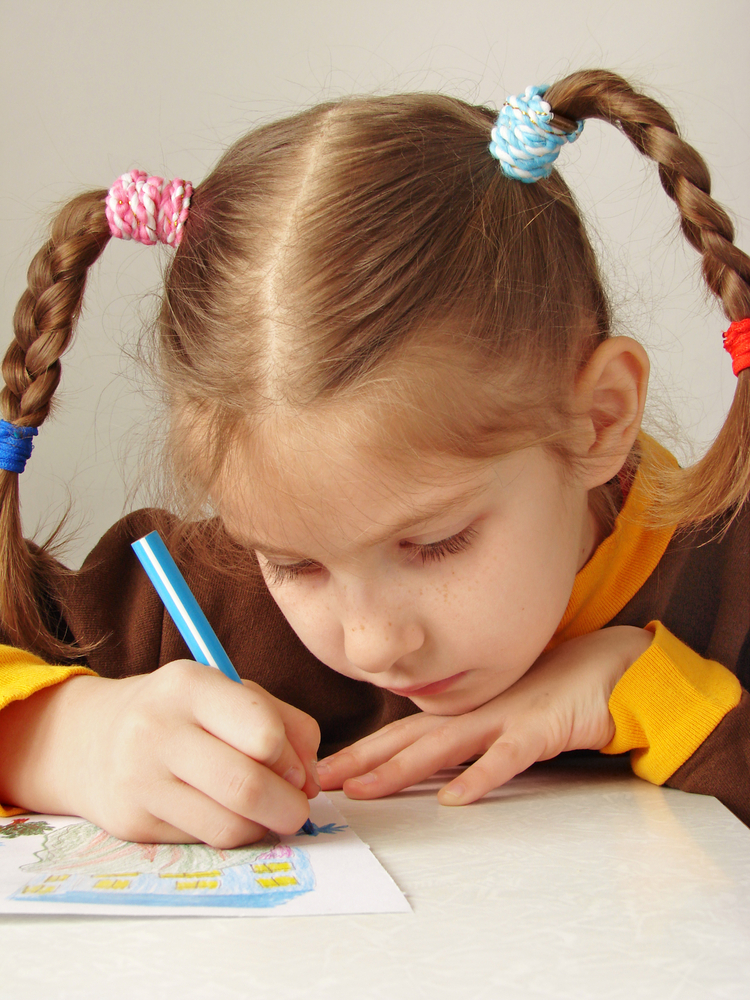 Kids—and the rest of us–all make mistakes on the way to learning. We ask “Why?” but they can’t answer. It’s tough to come up with a safe answer to that question. The response “I don’t know.” is accurate, but doesn’t get us anywhere. An excuse leads to frustration, shame and blame. A lie starts a dangerous spiral into unhealthy choices.
Kids—and the rest of us–all make mistakes on the way to learning. We ask “Why?” but they can’t answer. It’s tough to come up with a safe answer to that question. The response “I don’t know.” is accurate, but doesn’t get us anywhere. An excuse leads to frustration, shame and blame. A lie starts a dangerous spiral into unhealthy choices.
Brain Coaching uses a different approach. All behavior has a reason, and it’s our job as educators to figure out what they need and find a way to provide for it through our planned learning experiences. Maybe the boy needed to move, and he couldn’t think of a way to do it without bothering others. Those girls might learn best by talking about what they’re learning, but that wasn’t part of the plan, so they got in trouble for talking to each other.
As a school counselor, the most effective solutions seemed to involve knowing and applying what researchers have told us about the brain—what it needs to do its best job. No shame or blame necessary. Researchers have unlimited information that can help us, but who wants to read those intimidating studies? Brain Coaching has helped me help people of all ages. Educators, parents, and seniors can make better choices for our kids and ourselves with that information translated into something we can actually understand.
When we confidently work on problems together, without threat of failure, the brain works much better. The almond sized Amygdala–our internal security alarm– stands at attention watching for anything that has scared us in the past. When it comes around again, that small part of the brain sets in motion a process that shuts down access to the Cortex, or thinking brain. In that mode we aren’t able to access anything we’ve learned, and we won’t take away any new lessons from the experience. That explains why we really “don’t know” what we did wrong.
Instead of a guilt trip, the child needs support to calm the central nervous system. The Sympathetic “Fight, Flight, or Flee” System must settle down, so the Parasympathetic or “Rest and Digest” System can take charge and access to the whole wonderful brain and all it’s learned so far. Some ways to make that happen include:
- Deep breathing,
- Going for a walk outdoors,
- Reading some light material, and
- Laughing – On purpose, even without a joke. It is great exercise!
We can then be our best selves and move ahead solving the problem and gaining wisdom from the situation. What works best for you? Please share your best ideas with the rest of us!
Thanks for stopping by! More Brain Coaching suggestions for schools will follow in future Educator Blogs.
Sandi
© Sandra Sunquist Stanton MS, NCC, LPC, Connections of the Heart LLC For additional articles and information, visit www.ourbrainbuddies.com or send an email sandi@ourbrainbuddies.com
Great article Sandra. We like to do the laugh game where you lay your head on another person’s belly when they are laying on the ground. Adding as many kids as available in a criss/cross type pattern. One person starts by saying “ha …. ha, ha … ha, ha, ha” and as the heads are bobbing on the belly pretty soon everyone is laughing non-stop!
Great idea, Sheri! It sounds a bit like laughter yoga. Thanks for your comment!